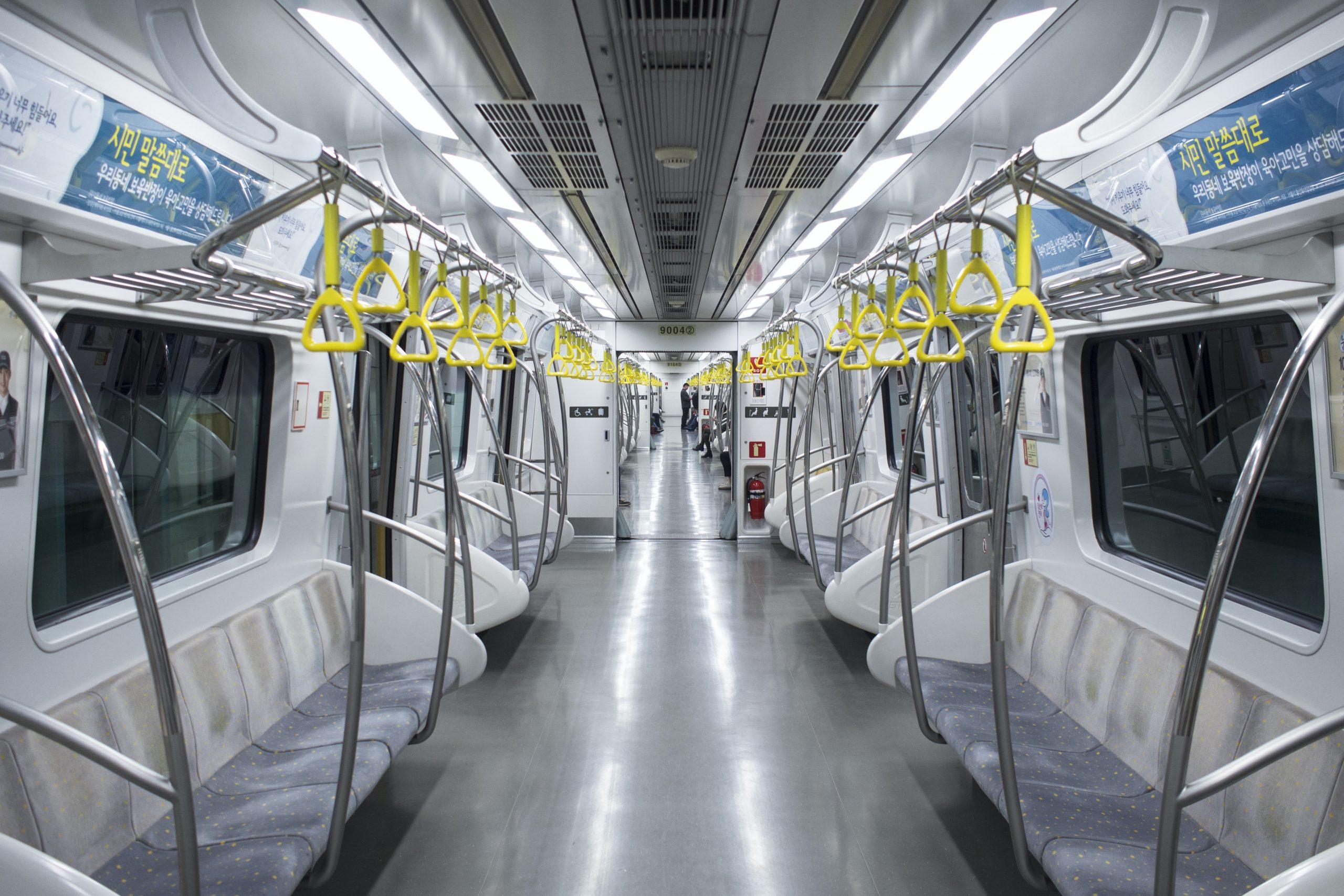The events of the last couple of years, particularly with the COVID-19 pandemic and the repercussions that it caused, have put stress on many industries around the world. The transportation industry is certainly not immune to the negative impact that the coronavirus has made throughout the globe.
The effects of the pandemic and current events on the transportation industry can also cause wellbeing issues in people that either work in the industry or who rely on the transportation industry to function as a member of society. This article examines not only the impact of the pandemic on the industry and potential solutions moving forward but also the ways that these changes can affect individuals within a community.
How Does COVID-19 Impact the Transportation Industry?
As the coronavirus spread from the end of 2019 and into 2020, it brought the world to a standstill and affected various industries and economies in numerous ways. One of the industries hit severely was the transportation industry that had to balance social distancing and other preventative measures with the necessity of offering citizens the ability to get groceries, access healthcare, and more.
The industry also made adjustments that could protect employees that were essential for the continuation of bus routes, subway trains, and other forms of transportation necessary to keep a community running and working, despite the pandemic. While the pandemic continues throughout much of the world, there are worries that the stress could continue to have an impact on the transportation sector for years to come.
With decreased use comes decreased income that is needed for upkeep and innovation in transportation systems. City transportation services and planning have had to adapt to the new future that rises before us. Routes may have also changed, and the availability of certain transportation methods may have decreased as employers laid-off employees. While some of this is much better than it was at the start of the pandemic, there are still repercussions being felt throughout the industry and everyone that utilizes public transport options.
What are the Next Steps to Address these Problems?
Each city has its plan to address the problems caused by the pandemic and the stress that it places on transportation systems and methods. It is important to prioritize the transportation systems over revenue in many cases because the quality of life of many residents lies in their ability to use public transportation. Still, revenue is a major factor, and many have cut down on routes, innovations, and other areas to pay essential employees and retain some of the methods of transportation.
Assessing the demand is a good idea in many areas because sometimes it is possible to cut down on costs without taking the necessary communications and transportation away from people who need them.
There are also safety procedures put into place for the health of workers and those using public transportation. Things like sanitizer, masks, and social distancing requirements can do a lot in helping to curb the spread of the virus through buses, subways, and other transportation options within a community.
The Implications on the Community
People rely on public transportation in their community for their livelihood and the stress of the pandemic has caused personal anxiety and stress among many people. Individuals may worry about the small spaces that they have to enter to use public transportation because it can increase the risk of catching the virus. Others may worry about having reliable transportation on a daily basis to get to work or to run errands.
Workers also have to manage fears and uncertainty about the future. As costs are cut many may wonder if they will have a job in the future. This can cause extreme pressure and contribute to worsened anxiety.
Coping with these problems is not easy, especially when it is difficult to build a support system without increasing the risk of exposure to the coronavirus. Knowing how to adapt to these new situations can go a long way toward being resilient to heightened stress and concern.
It can be hard to socialize during a pandemic, but it is still important for mental health. Even if it requires online communication instead of in-person meetings that can be beneficial. There are also online support groups for those going through a variety of different issues like job loss, the loss of a loved one, and changes to expectations about the future.
If you are worried about using public transportation because of the virus, then you may be able to talk to your boss and ask if you can work from home until things get better. Making adjustments to your routine that allow you to use transportation methods during times that are unlikely to be busy can also help to reduce or eliminate the stress of urban travel.
Learning how to relax is a big part of reducing anxiety. Find a hobby that you can enjoy throughout the days and weeks. There are plenty of great hobbies that you can participate in from the comfort of your home like picking up a musical instrument, learning to draw or paint, or reading a book you have been putting off for a while.
Finally, if you are worried about the public transportation system and the future that it holds, then it is best to speak with those associated with it. This can help to ease your fears about losing access to something you rely on every day.
Conclusion
Recent events and the continuation of the COVID-19 pandemic have put stress on many industries throughout the world and the transportation field has faced some major challenges. However, it is a necessity that citizens rely on for their wellbeing and because of that, the challenges must be faced through the adversity, and changes that can improve the safety of employees and residents can be implemented to make it through these rough years.




